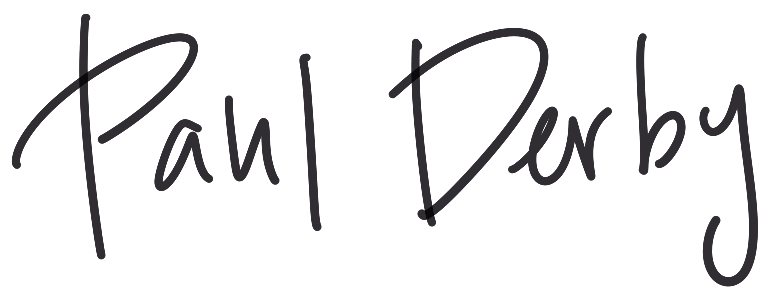(Finally) Writing My Management Philosophy
"What's your management philosophy?" To my surprise, people really do ask about this. I've been asked this both during a job interview and by a candidate for my team during THEIR job interview. Perhaps I always assumed that this question was reserved primarily for management coaching.
This specific question isn't as general as "Tell me about your approach to management" or "What are you like as a manager?". For both, I could easily provide an answer on the spot. A philosophy - so formal and intentional. To add to the pressure, this question is asked primarily during high-stakes situations, like on both sides of job interviews (i.e., interviewing for a management job or being asked by a candidate for my team during THEIR job interview). Up until now, I don't think I ever directly answered the question. Rather, I likely gave the standard "people come first" response or describing the role that coaching plays in my management style.
Unfortunately, neither response describes the nuance of who I am as a people manager. I'm better than that response. You are too.
Please trust that I've attempted to Google the magic answer and/or formula to that question. The results, unfortunately, have been stale and ambiguous. This was until a friend, Tanner Christensen, recommended the book Resilient Management by Lara Hogan. This book has been a gold mine of actionable strategies on topics ranging from communicating with your team to setting clear expectations. One chapter specifically focused on defining your management philosophy. I highly recommend it.
According to Hogan, articulating your management philosophy makes it clear to your team members what they can expect from you. Specifically, this is your declaration of who you are, what you value, and what you commit to doing. What I've learned through my training with the Co-Active Training Institute is the importance of balancing "doing" and "being" - and it's clear that this specific management philosophy template includes both. Most importantly, it's in a mad-lib format, which takes the pressure off being a professional wordsmith.
To me, finding this framework was like hitting a jackpot. I stopped reading the book immediately and began filling it out. Unfortunately, that's when analysis paralysis ensued. I found myself getting bogged down by the details of perfectionism.
What's the best way to describe me?
What's the right words to use?
What should I write? Ugh, the dreaded "should."
After giving myself a break, I kindly reminded myself that I have already done this work. I have spent the hours with my coach determining what my values and strengths are. What a relief. Given this, I found it relatively simple to plug in my values and how those values manifest themselves in my habits and behaviors.
I am a patient, supportive leader who values curiosity, trust, and structure. I demonstrate those values by listening more than speaking, encouraging autonomy, and taming the complexity. I support my team by caring wholeheartedly, fiercely advocating for them, and showing up as my best self. I thrive in a scrappy, flexible environment. I commit to being honest, available, and open.
Is it perfect? No. From my experience, perfect is the enemy of done. I've wasted far too much time in life striving for perfect and fearing the judgement of others when it's not. Rather than being perfect, I consider this management philosophy an iterative work in progress, a prototype. The beautify is that my philosophy can grow and evolve as I continue to grow and evolve in my career.





